2-Day: Certified Addictions-Informed Mental Health Professional (CAIMHP) – ERIC GENTRY (Digital Seminar)
Description:
For clinicians working with clients who also abuse substances or suffer from process addictions, treatment can be really hard. If you are like many clinicians, you don’t feel able or willing to work with addictions.
Yet it doesn’t need to be. And it shouldn’t keep you from engaging the client in their overall healing.
Studies now show the connection and interplay of addiction and trauma – plus anxiety, mood disorders, and insomnia.
You can evoke change in all your clients to promote healthier coping and self-soothing skills besides substance use or process addictions.
But first, you need to master the current evidence-based practices from the worlds of both Addictions treatment and Trauma/PTSD interventions.
This Certified Addictions-Informed Mental Health Professional Training Course 2-day recording will transform your older practices when treating clients who use/abuse…clearing the path to true healing. Taught by an international trainer, clinician, AND recovery specialist Eric Gentry, PhD., you’ll receive all the following skills:
- Skills for assessing and diagnosing trauma/posttraumatic stress and addiction/substance abuse and dependence.
- Simplified treatment planning, monitoring, and measurement instruments.
- Skills for developing, enhancing and maintaining therapeutic relationships—the most potent factor for positive outcomes with this challenging population.
- A fresh perspective and utilization of the Polyvagal Theory (Porges) to both understand and treat both trauma and addiction simultaneously.
- Cutting-edge skills for developing and maintaining safety and stability with addicted survivors of trauma using cognitive, behavioral, somatic and relational approaches.
- Reframing “disease of addiction” as involuntary and unconscious posttraumatic patterns of self-defense where the survivor is chronically perceiving threat in contexts where there is little or no danger.
Best of all, this training meets the educational requirements when applying to become a Certified Addictions-Informed Professional (CAIMHP) through Evergreen Certifications. Certification lets colleagues, employers, and clients know that you’ve invested the extra time and effort necessary to understand the complexities of treating addictions in clients. Professional standards apply.
Outline:
Foundational Issues in Addictions-Informed Psychotherapy
- Substance Abuse vs. dependency vs. addiction
- Biopsychosocial issues
- Neurobiology of addiction
- Attachment issues
- Causes of traumatic responses
- Ethical & legal issues
Chemical Dependency Facts You Need to Know
- Classes of commonly abused drugs
- Street names of common drugs
- Signs & symptoms of use & withdrawal
Behavioral/Process Addictions
- Food
- Compulsive sexual behaviors
- Electronic addictions
- Gambling
- Compulsions
Trauma Addiction: Assessment of Comorbid Trauma & Addiction
- What to ask—and how to ask it
- What to look for: Pink flags & red flags
- Recognize other co-occurring disorders
- Evidence-based assessment scales
Levels of Care & Treatment Selection
- Detoxification
- Levels of treatment
- Medication-assisted treatment
- 12-step groups & alternatives
- Harm reduction strategies & when to use them
Three-Stage Behavioral Treatment Model for Co-Occurring Traumatic Stress and Addiction
Stage I: Build the Therapeutic Relationship & Boost Client Engagement
- Feedback Informed Therapy
- Motivational Interviewing
- Co-regulation between you & your client
Stage II: Skills Development & Cognitive Restructuring Interventions
- Relational Skills/Social Engagement System
- Build & identify a support network
- Access & utilize support
- Service to others as therapeutic
- Regulation/Relaxation Skills
- Progressive muscle relaxation (PMR)
- Trauma releasing exercises (TRE)
- Tapping
- Bilateral stimulation
- Neurofeedback
- Mindfulness for self-regulation
- Self-soothing for intense emotions
- Grounding Skills to Interrupt Dissociation
- Sensory grounding
- Mindful movement
- Seated yoga
- Containment Skills: Put away Intrusive Thoughts
- Envelope method
- Vault
- Relational containment
- Cognitive restructuring interventions
- Foster post-traumatic growth & build resilience
- Complementary & alternative treatments
Stage III: Integration & Desensitization
- Imaginal Exposure Therapy
- EMDR
- Narrative-Driven Exposure Treatment
- Cognitive Processing Therapy (CPT)
- PE (prolonged exposure)
- Trauma-focused CBT
- Somatic-Based Treatments
- Somatic Experiencing
- Sensorimotor Psychotherapy
- Trauma-Focused Yoga
- In-vivo Exposure
- Direct Therapeutic Exposure (DTE)
- Forward Facing Trauma Therapy (FFTT)
Interventions for Special Populations
- Children & adolescents
- LGBTQ clients
- Incarcerated clients
- Clients in court-ordered drug treatment
NLP online course
So what is NLP?
Firstly, NLP stands for Neuro-Linguistic Programming. Secondly neuro refers to your neurology;
Thirdly linguistic refers to language however, programming refers to how that neural language functions.
As a result,In other words, learning NLP is like learning the language of your own mind!
Moreover, NLP is the study of excellent communication–both with yourself, and with others.
It was developed by modeling excellent communicators and therapists who got results with their clients.
NLP is a set of tools and techniques, but it is so much more than that.
In conclusion, It is an attitude and a methodology of knowing how to achieve your goals and get results.
Preview Information:
Original Page
Archive Page
More Course: NLP – HYPNOSIS – PHILOSOPHY
Outstanding Course:Telehealth: The Top Client Considerations


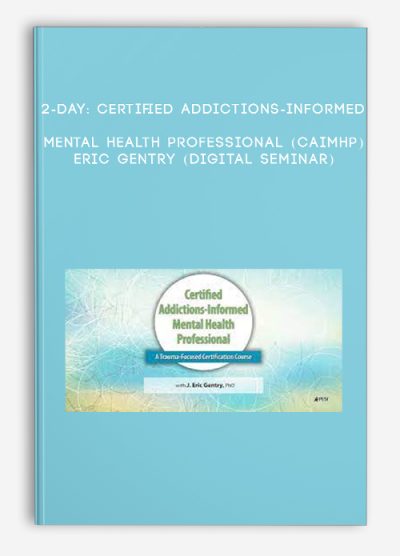
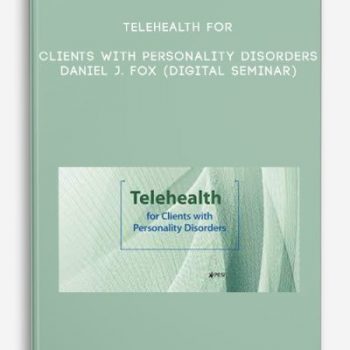
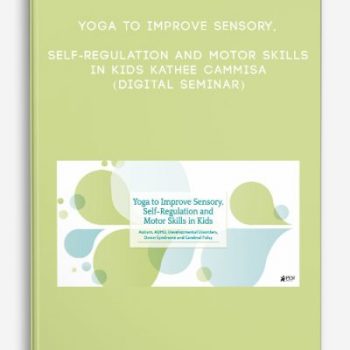
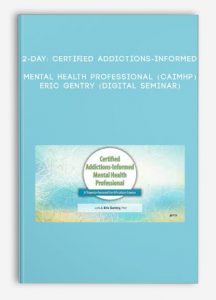

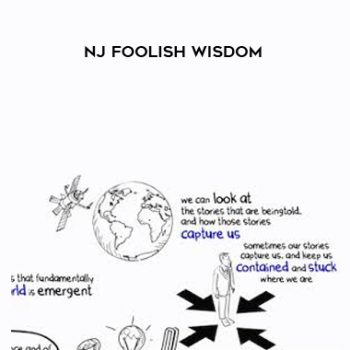

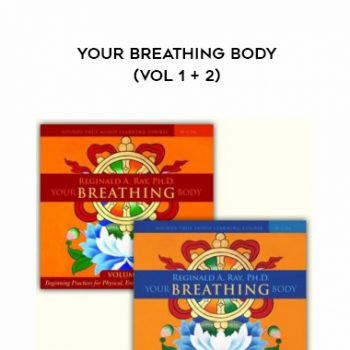

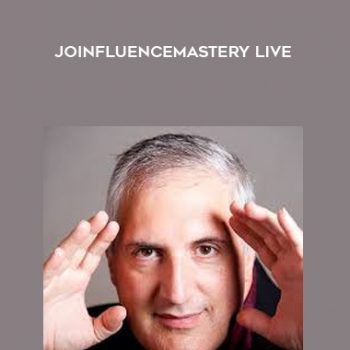

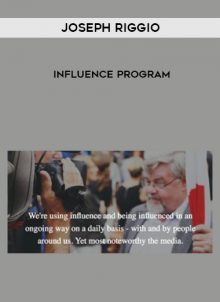
Lord –
This is Digital Download service, the course is available at Vincourse.com and Email download delivery.